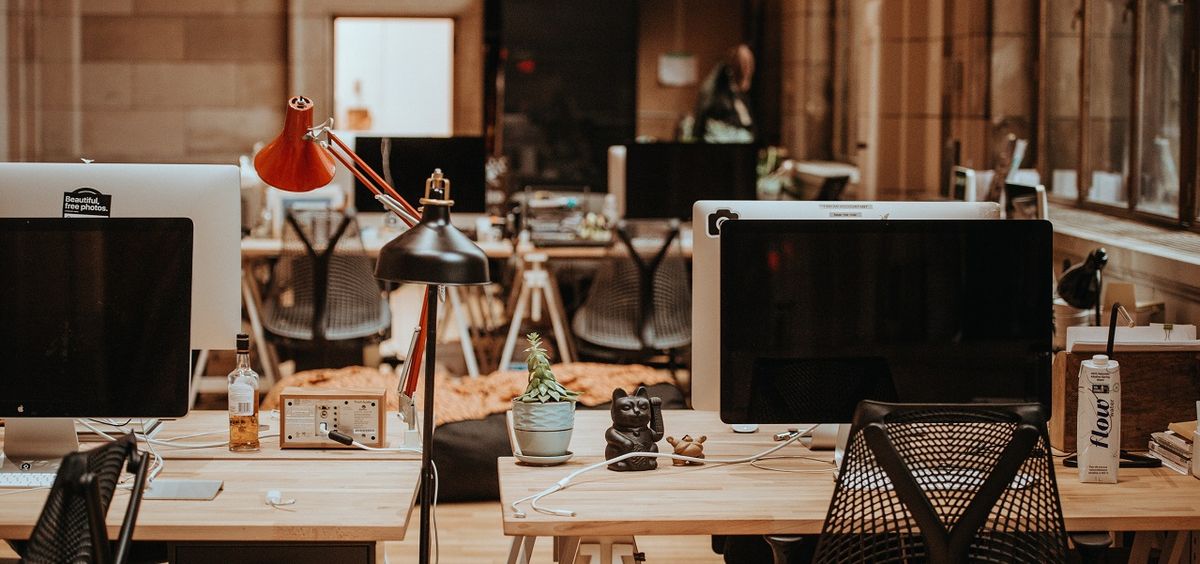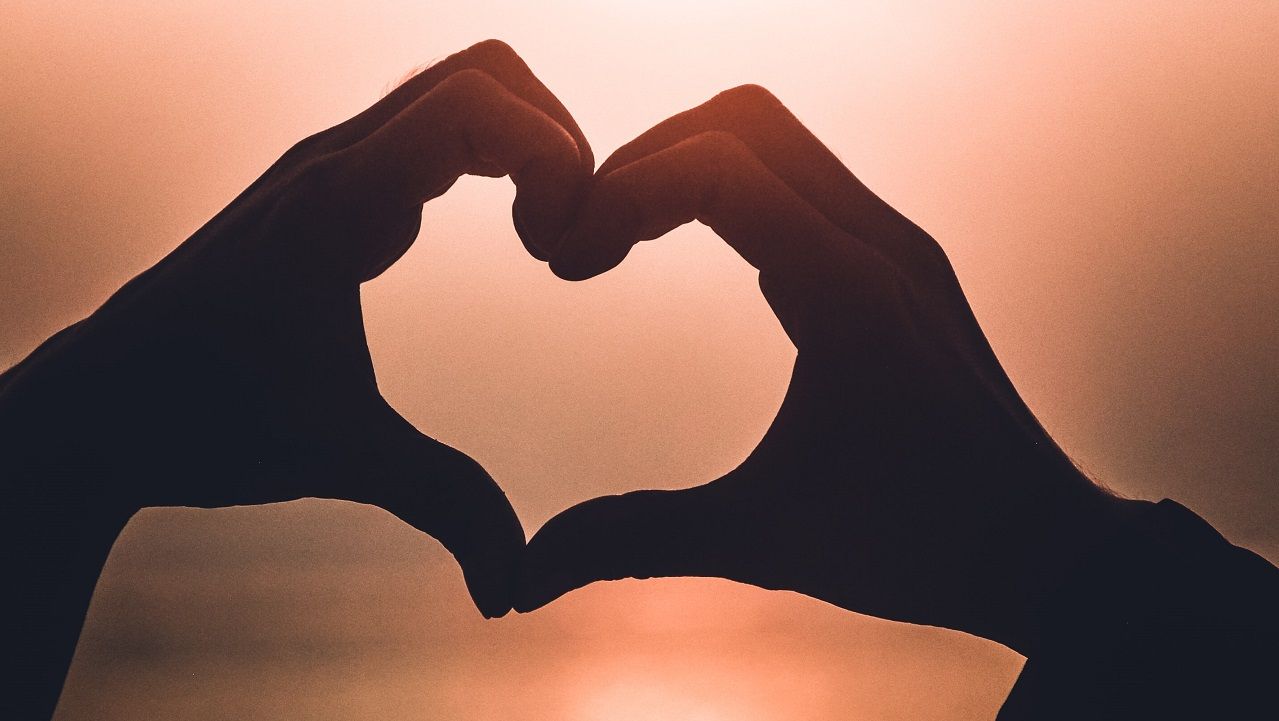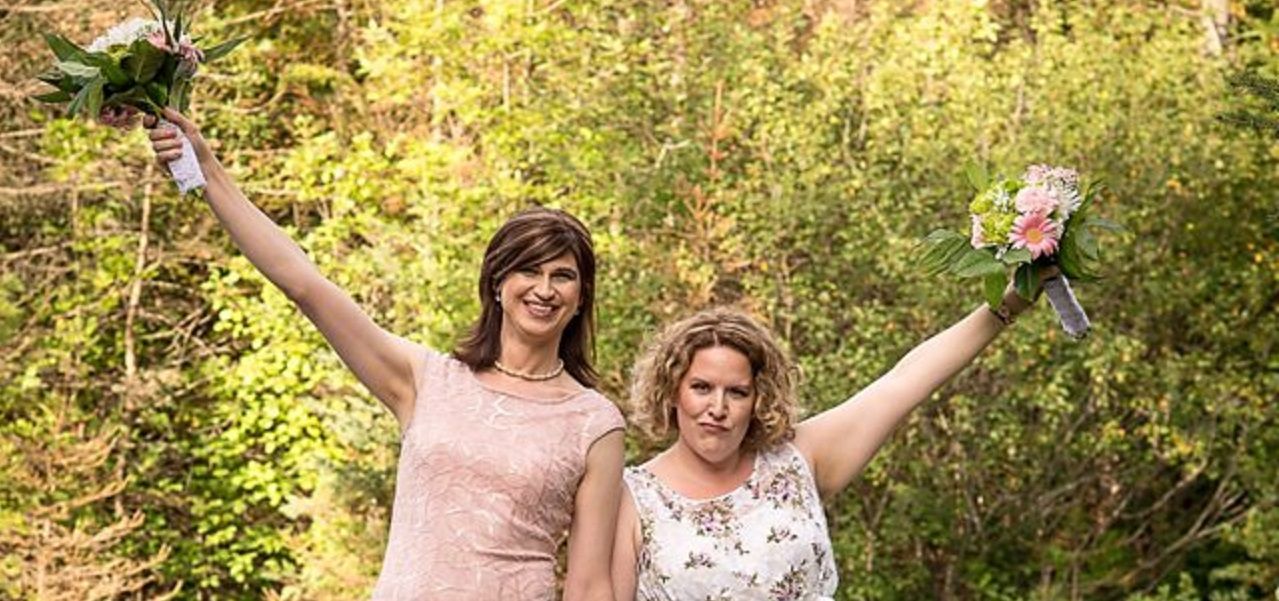Joyce activated, issue 16

This week I’m picking up where I left off three weeks ago: writing about the ongoing shift from dignity culture to victimhood culture. If you haven’t already read that issue, start there.
If you received this email because someone forwarded it to you, why not subscribe?
First, I want to step back and ask: is there anything good to be said for victimhood culture, in comparison with the dignity- and honour-based systems?
I’m as much a creature of my age and place as anyone, and that means I strongly identify with dignity culture. I mute or block Twitter trolls rather than reporting them. I admire politicians who remain poised under rhetorical fire. When my children were young, I was not one of those mothers who said you should hit back at bullies. Instead, I would say that allowing unpleasant people to rile you showed you had poor self-control, and meant someone you didn’t respect was influencing your behaviour.
And yet, after several years in Brazil as a foreign correspondent, and the more recent discombobulating experience of being shunned for wrong-think by many people I once admired, I have a lot more appreciation for the older honour-based culture than I used to. Dignity culture relies on strong, centralised authority—you need someone like a teacher or boss or police force you can complain to, and courts through which you can demand redress. When these don’t exist or aren’t reliable, you’ve got to take matters into your own hands.
I’m not recommending murder and vendettas, of course! Mainly, I’m saying that when there’s no one else to stand up for you, you have to do it yourself. Ideally, you create protective alliances to convince bad people to leave all of you alone, and work with your allies to reshape norms. But on occasion, if there is no authority to inflict negative consequences for awful behaviour, you may have to do it yourself or accept that it will keep happening.
As for victimhood culture, from my perspective Felicia Somnez—the Washington Post journalist I wrote about in issue 13, who was fired after spending more than a week haranguing her co-workers and trashing her employer’s reputation on social media—was demeaning herself by taking umbrage at a colleague’s silly joke. She was demeaning herself further by making unpleasant and unevidenced allegations against colleagues and her employer, to whom I feel she owed some loyalty. She spent days publicly berating one colleague by name for liking a silly joke, and another for merely saying that it’s a bit much to berate a colleague for liking a silly joke. To herself she may have looked like a victim, a truth-teller and a saint. But from within dignity culture, she looked like an emotionally incontinent bully.
Presumably senior managers at the Washington Post felt much the same as me about her, but were temporarily paralysed because they understood, better than I can from the other side of the Atlantic, that to a significant local audience Somnez was elevating her moral status and lowering theirs. The wilder her allegations and the more she claimed to suffer, the more virtuous she was and the greater her employer’s vice. WaPo probably had no choice but to fire her—would she ever have stopped if it hadn’t? But I’m sure that for her it was merely another proof of her moral elevation.
However, I also have some sympathy with critics of dignity culture from the victimhood side. If you valorise self-control and self-reliance, you get more of those excellent qualities. But what about people whose circumstances make these virtues too difficult?
I’ve heard many stories of old-school war reporters expected to cope in silence with the horrors they’ve seen, and foreign correspondents given no support by their newsdesk as they descended into alcoholism and their families shattered. Within a dignity culture (or an honour culture, for that matter), it is too easy to see people who are disabled, old, poor or mentally or physically ill, and who may therefore be incapable of keeping their upper lip stiff and have no choice but to rely on others, as thereby lesser.
On an individual level, it’s probably best to mix and match: to regard self-control as worthy of self-respect, to put the boot in when people try to take advantage, and to leaven admiration for strength and self-reliance with compassion (or indeed to remember that the most stoical people are those who are neither strong nor self-reliant, and who manage to keep going despite disability, bereavement and pain). Whatever your moral code, it’s worth remembering that success and status often come to a great extent from luck—the luck to be born somewhere rich and safe, to have supportive family and friends, to have good health.
But when you look at the phenomenon I described in issue 13 as the toxic underling, a different type of mix-and-matching seems to be happening. How is someone like Somnez, who is clearly powerful in the sense of being able to get their own way, able to conceive of themselves as profoundly oppressed?

Imagine being so influential that you can get a colleague to delete a retweet of a silly joke and grovel publicly; get him suspended for a month without pay; scream blue murder in public about the vile bigotry of another colleague who says that perhaps your original victim has suffered enough at this point and you should cool it—all without pushback. Imagine being able to rant publicly about how your employer is sexist, racist, ableist, homophobic, transphobic and so on, with this becoming a major news story, picked up in media outlets that are your employer’s direct competitors—and getting fired only after days and days of this, when it becomes clear you will otherwise never stop?
Somnez’s actions are evidence of a degree of status, power and privilege shared by almost no one, anywhere. And yet throughout she clearly thinks of herself as a victim. If you think of actual victims—a Yazidi woman held as a sex slave by ISIS; a child who is being raped and beaten by his father; a Nepalese worker dying of heatstroke after labouring on a building site in Qatar; a bonded labourer in Pakistan…they have no voice: no way they can tell anyone about their suffering, let alone demand that others act to end it.
I’m sure that the people publicly performing their privileged victimhood from their elevated platforms genuinely think of themselves as in the same group, or at least on the same side, as the Yazidi, abused children and so on. But how can they think that? Almost by definition, if you are free to tell the world from a major platform what is happening to you, and people rush to implement the remedies you demand, you are anything but oppressed. Meanwhile oppressors can generally say what they want, whatever the formal rules.
I think victimhood culture requires a form of motivated reasoning of those within it. It goes like this. Oppressors are bad and oppressed people are good. I, a good person, must therefore be oppressed. That means someone must be oppressing me—but who? Everyone I disagree with, of course, and in particular everyone I disagree with who has any degree of formal power over me. Most of all, I am oppressed by anyone who has personal characteristics that have historically been associated with oppression, and which I don’t share.
Oppression thus becomes a matter of power relationships, and of membership of identity groups, rather than of what is actually happening to particular people or groups in a particular place and time. (This goes well beyond observing that “privilege”, in the sense of being statistically more likely to have the good things in life, and more likely to be listened to and admired, tends to be distributed partly along identity lines.) You’re an oppressor if you’re a man, white, straight and so on—especially if you are also a boss or employer. Any minor misstep by you is evidence that you are jointly and severally liable for all the crimes of your identity group, whenever and wherever committed—even long before you were born.
I’m not sure if any statute of limitations is envisaged—any future world state when we can say that the slate has been wiped clean. Certainly Ibram X. Kendi, the American author of “How to be an Antiracist” and “Antiracist Baby”, thinks we cannot declare racism over until there are literally no differences in group outcomes on any measure between black and white Americans. I don’t know if he thinks that’s the rule for every oppressed-oppressor pairing. But I do know that if you think that moral value flows from being victimised, you will be determined to regard yourself as a victim, and also very slow to declare that any form of oppression has been ended.

Would it be fairer to say that these privileged victims understand that they are not actually oppressed, but rather on the same side as the oppressed? Are they positioning themselves not as actual victims, but as allies?
Here’s one of Somnez’s tweets: “I care deeply about my colleagues, and I want this institution [The Washington Post] to provide support for all employees. Right now, the Post is a place where many of us fear our trauma will be used against us, based on the company’s past actions.”
Her language suggests this is a group movement (“care deeply”; “all employees”), and that she is within the group, not alongside it (“us”; “our trauma”). But it is vague—to whom does this “us” apply? What “trauma”? This vagueness is not coincidental: it’s not possible to have an identity that puts you inside all oppressed groups, or even all traumatised ones.
And so it suits victimhood culture to squish all types of oppression together: to elide the differences and describe victims as a monolith. Those who see the world this way then become incapable of providing any serious analysis of differing situations—the ways in which racism is not like sexism; homophobia is not like ableism; and so on. (I’ve just realised that this is part of the reason for the popular but terrible analogies between various sorts of prejudice and “transphobia”—women who don’t want men in their toilets are like white people under Jim Crow, for example; or parents who want to protect their gender-distressed children from receiving experimental, sterilising drugs are like homophobes who throw their gay children out on the street.)
You certainly cannot accept that a person can be bad in one respect, but good in another. As a result, the world becomes black and white: oppressors and their victims.
Another consequence, which is darkly funny given the taboo enforced by the very same people against cultural appropriation, is that it becomes practically irresistible to insert yourself into stories that aren’t yours. Saying that something isn’t your fight, or being humble enough to accept that a bad situation is simply not about you, means you run the risk of being lumped in with the oppressor. (Think of Kendi’s insistence that if you’re not antiracist you must be racist: he doesn’t allow that there is any such thing as a non-racist.)
If your identity centres on performative opposition to oppression, you can always present yourself as an “ally”. You can march in Pride with a “trans lives matter” banner when you’re not trans, or use the Progress pride flag or “Black Lives Matter” logo as your social-media profile picture when you’re neither gay nor black. But it’s thin gruel being constantly told to pass the mike, shut up, sit down and listen. Victimhood culture is just no fun unless you’re personally a victim.
This means novel gender identities are a gift. Unlike other oppressed characteristics, you can adopt them without fear of contradiction. You don’t even have to do anything, though you may choose to adopt an edgy hairstyle or new pronouns. And there’s the enormous fun of exerting control over how other people speak about you. Like Somnez, you get to be powerful in the sense of being able to force others to bend to your will, all the while presenting yourself as the victim.

A striking example of someone who took the ally-to-victim route is Amanda Jette Knox, a Canadian woman who achieved a measure of fame after her son started identifying as a girl in 2014, at age 11 (she put him straight on puberty blockers and then three years later on oestrogen; he now identifies as non-binary). Some time after her son started identifying as a girl, her husband started identifying as a woman (he still does). Knox threw herself into allyship. A heterosexual mother of four, married to a man, she enthusiastically adopted (I would say appropriated) the label of lesbian. A book she wrote about her unconditional acceptance of her queer family, “Love Lives Here”, was longlisted for a Canadian literary prize.
Eventually, the extent to which Knox’s allyship was all about her annoyed some trans people. The solution was simple, and I do wonder why it took her so long. In 2021 she declared herself non-binary, adopted an asymmetric, multi-coloured hairstyle and started looking moody in photographs. The critics in her own camp were silenced—and she was once again the centre of the story.
Rather obviously, there is no link between moaning about silly jokes on Twitter and actually making workplaces more welcoming to women, or black people, or whoever—let alone with ending the worst forms of actual, existing oppressions, such as child-trafficking or bonded labour. But within victimhood culture, complaining about minor matters such as sexist jokes is seen as an important form of activism.
You could argue that sexist jokes are a sign of sexist attitudes, and those sexist attitudes poison the workplace for women. (I’m not even sure that the one Somnez complained about is either sexist or indeed a joke—it’s certainly not funny.) But then why expend so much effort on attacking the joke, rather than analysing the concrete situation of women in the workplace, and if necessary building a coalition to push for improvements? The answer is that concern about the material facts of people’s lives has been supplanted by concern for linguistic and symbolic representations. If wrongspeak becomes impossible, then so will wrongdoing and we will have created a Utopia.
My criticism of this line of reasoning doesn’t mean I think such jokes are always fine, or that I will never complain about them. I was really cross about Gary Lineker tweeting a particularly puerile one about the Lionesses’ historic World Cup victory on July 31st: “The @Lionesses have only gone and done it, and Kelly is England’s heroine, bra none.” (If you didn’t see, Kelly whipped off her shirt and did a victory run in her crop-top sports bra.)
I freely admit that I replied “Tosspot” to Lineker’s tweet. I thought it was graceless and nasty of him to put the women down in the very moment of their triumph. I thought it was typical of the way women’s sports are treated as frivolous; a chance for women to run around and get some exercise. I thought it was part of a pattern: the women footballers paid a tiny fraction of what the men are paid; the sports coverage that focuses almost exclusively on men; the belittling and patronising way that women are mentioned when they are mentioned at all.
In other words, I thought it was to do with power—real power. Lineker is the BBC’s highest-paid sports commentator, with an enormous following on Twitter. He is one of the people with most influence over what gets attention in sports, and what doesn’t. I’m sure many men have similarly sexist attitudes to women’s sports (indeed, the replies and quote-tweets suggested as much). But what’s the point in going after those idiots? I just don’t believe in what we might call the “miasma theory of oppression”, and I don’t think the signs and symbols of other people’s unpleasant attitudes are the right target for activism.
Moreover, attacking those signs and symbols can even be counterproductive. People who think sexist jokes are funny, but are barred from hearing or saying them on a public forum, will continue to laugh about them privately, and will probably also feel resentful. The same is true more generally of Somnez’s style of activism. Imagine the resentment you would feel at a colleague who had got you suspended without pay for some minor infraction—or even got another colleague suspended without pay. Personally, if I had worked with her I would never forgive her, and I would be vehemently opposed to any employer of mine taking her on staff.
When I next return to the issue of victimhood culture, I’ll discuss how laws and practices supposed to protect workers against discrimination have been co-opted by grievance-mongers, and how employers can proof themselves against toxic underlings.
Feel free to forward this email to someone you think might like to read it. And if you're not already a subscriber but appreciate the work I do, please consider a subscription.